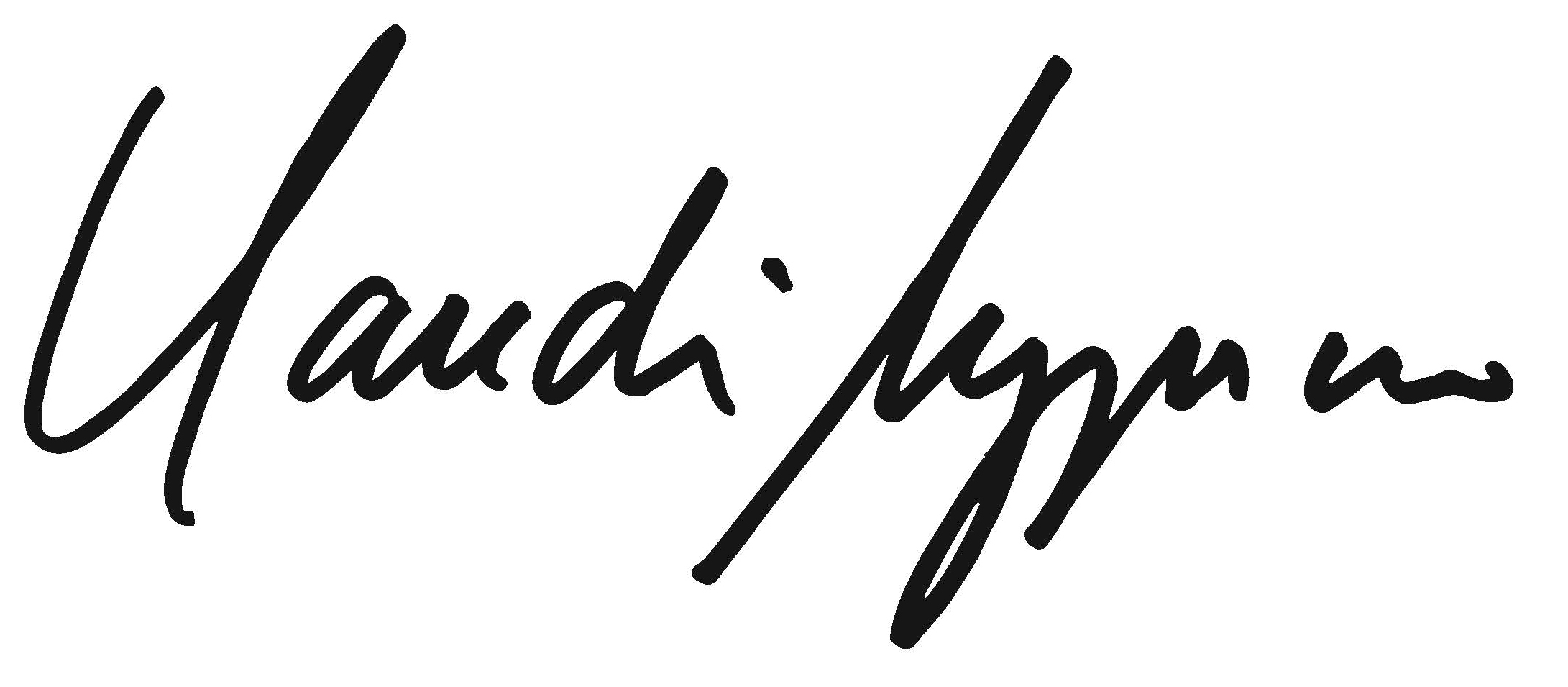Editorial Page
Welcome to Volume 18 of the Rose+Croix Journal!
We are pleased to present the latest papers accepted for publication in the Rose+Croix Journal, an international, transdisciplinary, peer-reviewed online journal that focuses on topics that relate to the sciences, the arts, history, mysticism, and spirituality, especially transdisciplinary topics that traverse and lie beyond the limits of various fields of study. Since its founding in 2004, the Journal has provided readers and researchers with materials that enlighten, educate, challenge, and inspire.
Over the years, many individuals worldwide have contributed to the success of this journal, including our authors, peer reviewers, editors, translators, proofreaders, and most importantly, every reader of the Rose+Croix Journal. Thank you all so much for your participation!
This issue features the following papers:
“Freedom and Tolerance: An Essay on Ethical Principles in AMORC’s Traditional Knowledge” by Luiz Eduardo Berni, PhD
“Shakespeare the Mystic Poet and a Music that Heals” by Christopher Eriksson, PhD
“The Whole and the Part: A Link to the Holographic Principle” by Eric Laguerre, PhD
“Survival of Consciousness and the Anticipation of an Afterlife as Based on Current Physics” by Dirk K. F. Meijer PhD
“Health Benefits of Detecting Bioluminescence” by Brian Rose
In the “Currents” section:
“Awakening the Musical Memory of Seniors with Dementia in a Retirement Home” by Christopher Eriksson, PhD
We are hopeful that the papers in this volume will inspire you to contemplate subject matter that is examined in novel ways and to appreciate their mystical import.
First, Luiz Berni, PhD, in his paper “Freedom and Tolerance” examines the motto of the Ancient and Mystical Order Rosae Crucis (“The greatest tolerance within the strictest independence”) and its relationship to Traditional Knowledge, while also stressing the important distinction between independence and freedom in terms of ethical principles. Dr. Berni writes: the realization of the motto requires a complex process of self-development. It involves self-criticism, in which members alone, in front of the mirror of their own consciousness, in the solitude of their private Sanctum, in periods of interiorization and meditation, evaluate their behavior.”
We are again pleased to offer two papers by Christopher Eriksson, PhD. The first examines William Shakespeare’s (1564 – 1616) sonnets as well as Hamlet (ca. 1660) in the light of mystical writings such as the Chymical Wedding of Christian Rosenkreutz (Andreae 1616) while also applying musical principles. Furthermore, under the “Currents” section, his paper “Awakening the Musical Memory of Seniors with Dementia in a Retirement Home” offers primary research and includes references to the efficacy of using music therapy as an essential adjunct to the memory care of older individuals.
In “The Whole and the Part: A Link to the Holographic Principle,” Eric Laguerre, PhD, offers us insights into how things that seem whole are dependent on their parts by using the science to help explain the holographic principle. He also shows this principle’s application to our mystical studies. Dr. Laguerre writes: “Within AMORC, the search for the One, the Whole, is dependent on the aspirations of each one of us, and it is as much a search for a creative principle, for a transcendental morality or for superior virtues, as it can be a search for our own self in the depths of our psyche and of our humanity.”
Further, Emeritus Professor Dirk K. F. Meijer, PhD, offers readers the paper “Survival of Consciousness and the Anticipation of an Afterlife as Based on Current Physics.” Dr. Meijer’s paper presents an argument for a potential afterlife through the application of our current understanding of quantum physics with particular reference to holographic theory and how our brains are “guided by the zero-point energy field (ZPF)—derived pilot waves that support consciousness even in the absence of neuronal activity, such as in Near-Death Experiences (NDE).” Dr. Meijer’s paper speculates that individual consciousness not only receives intelligence from a universal consciousness, but also that we contribute to it “through a bidirectional information flux.” In other words, as he concludes, “we are all embedded within a larger field of consciousness, with profound implications for ethics in an interconnected world.”
Finally, Brian Rose presents a review of the continuing research into the study of biophotons and detecting bioluminescence in a broad range of applications that can benefit human health. “Gene assays, protein-protein interaction detection, medication research, hygiene management, pollution monitoring, and in vivo imaging are just a few of the many uses for bioluminescent detection that can better examine human disease states,” writes Rose. This paper also reveals the importance of meditation and the need for more research into mind-body techniques, particularly as they apply to the Rosicrucian teachings.
All of the papers in this year’s volume consider how Rosicrucian philosophy suggests that the soul personality represents our individual self as it evolves on this human journey through space-time, while the Universal Soul is the source of the spark or Divine Essence that is present in us as well as in all of creation. Please, also be sure to read the cover analysis to deepen your appreciation of the papers presented here.
All of these papers explore their various subject areas as well as transdisciplinary topics that expand our understanding of the natural laws around us. The abstracts for each of the papers are published in English, French, German, Portuguese, and Spanish.
Also included on the Journal’s website are tools for dissertation searches, research links, archival documents of the Rosicrucian Order, AMORC, and guidelines for submitting a paper. The submission deadline for the Rose+Croix Journal is May 15 for the following year’s annual issue; however, authors are encouraged to submit their papers for the peer-review process as soon as they are ready. Both Rosicrucian members and non-members are invited to submit papers for consideration.
If you would like to join our team of volunteers working on the Rose+Croix Journal, please let us know by emailing editor@rosicrucian.org. All areas and levels of expertise are welcome.
Again, thank you for reading the Rose+Croix Journal – enjoy!
Sincerely,

Claudio Mazzucco
Executive Editor

